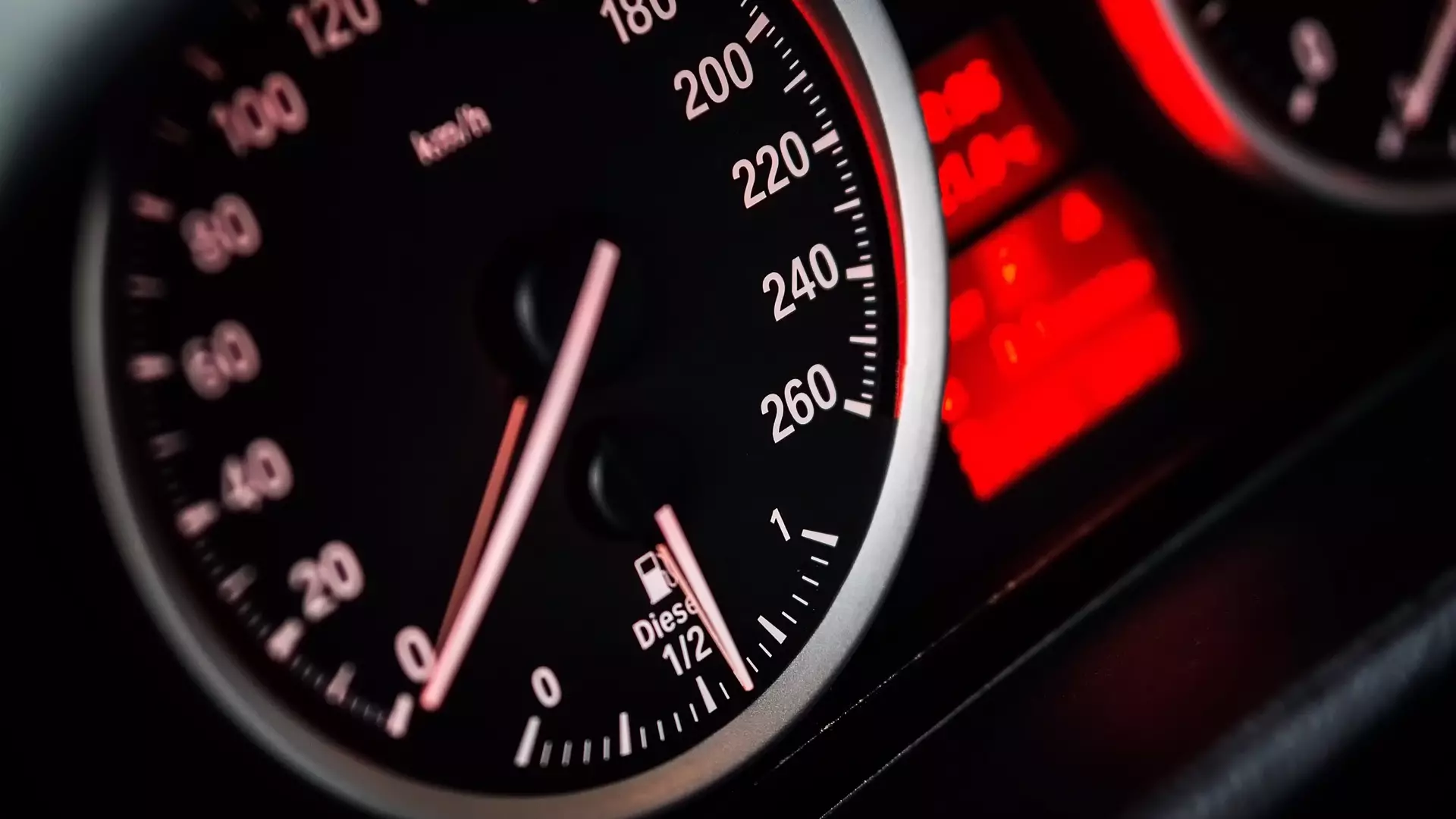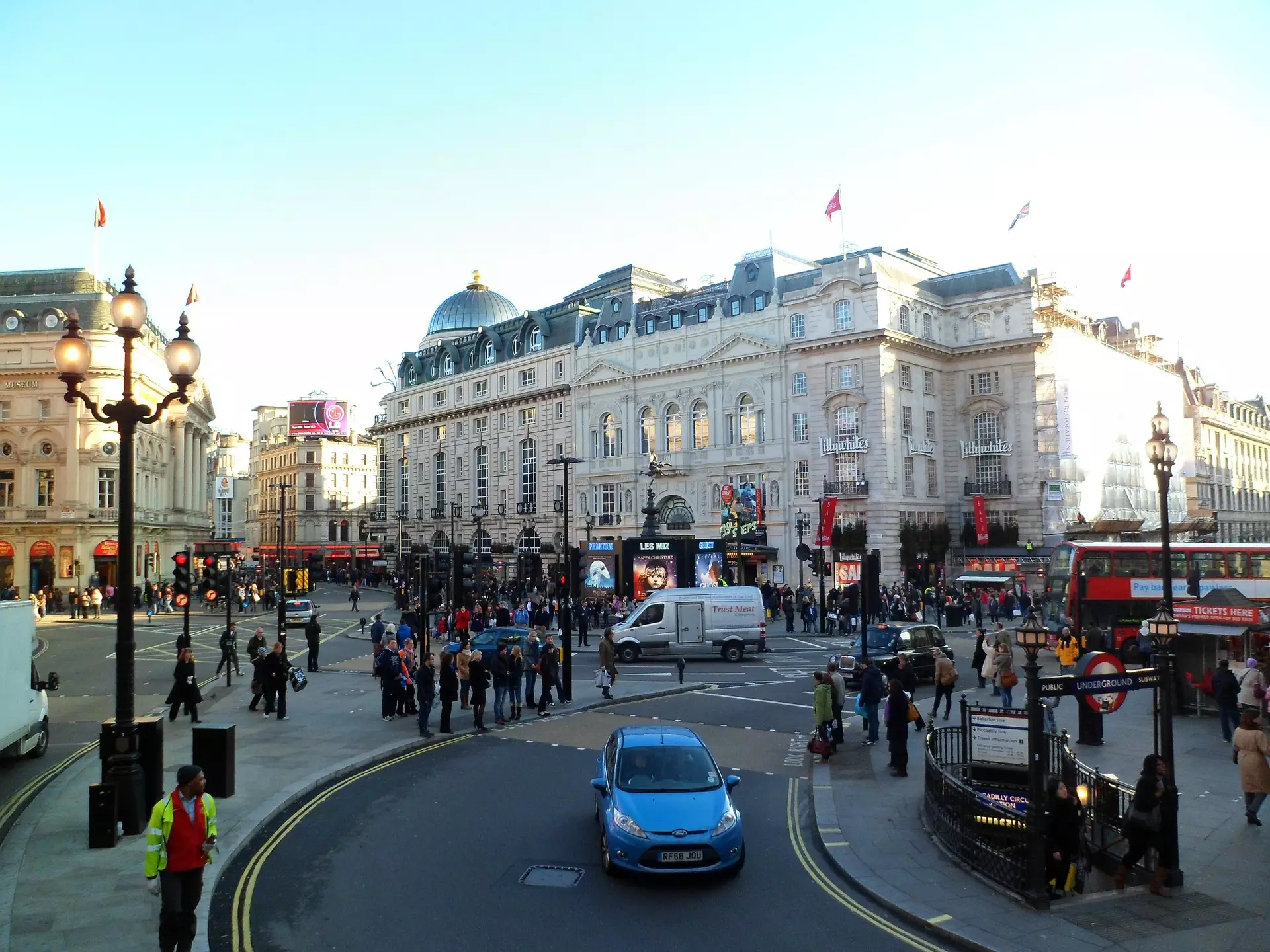
Drivers in London should pay a surcharge for every mile they use of busy roads in England's capital, according to an economics expert.
In a recent policy paper entitled "How to Abolish Traffic Jams", deputy chairman of the Centre for Economics and Business Research, Doug McWilliams, proposed a surcharge for drivers during rush hour. He suggested drivers should be charged 8p per mile to use busy roads, with a "surge pricing" structure put in place to try and combat traffic.
McWilliams' argument is based on studies which reveal Londoners spend an average of more than 100 hours a year stuck in traffic, while his paper proposes that all vehicles in Britain should be fitted with a GPS based tachograph, a sort of black box which is already mandatory on many vehicles. The device, the paper suggests, would deduct payments by 2027.

Credit: Creative Commons
Advert
The paper also argues that trips should be booked in advance so drivers can decide whether to make journeys to avoid rush hour "sure pricing", when the fee could rise by as much as 12p per mile.
The average driver under such a system could rack up a yearly bill of £800, perhaps more than £1,000 if driving during peak periods. McWilliams says the proposal could raise £45.9 billion, which could be used to invest in road infrastructure as well as better cycling and pedestrian routes.
McWilliams' proposals are based in part on his belief that the congestion charge (brought in by former London Mayor Ken Livingstone) has largely failed, describing such measures as "half hearted but often irritating attempts to cut car useage."
The charge, he argues, has failed to improve average driving speeds, leaving motorists "feeling they did not benefit and that it had been a scheme to raise revenues for other purposes."
The average daytime driving speed in central London dropped to just 7.8 mile per hour last year, something which has seen the capital's already busy roads clogged with slow-moving cars, frustrated drivers, and smoke-filled roadways.
Arguing his case, McWilliams said in the Evening Standard: "We believe that apart from making roads less congested, cleaner and safer, our approach should boost GDP by up to three percent. This prize is sufficiently large that we ought to be working hard to eliminate the obstacles to the solution so that these huge benefits to road users and non-road users can be achieved."
His proposals were welcomed by environmental campaigners such as Bridget Fox of the Campaign for Better Transport, but came with warnings that "taking roads out of local control would be a backwards step. Instead we need integrated local transport systems that join up public transport, cycling and walking, and create safe, attractive places to live and work."
Sources: Evening Standard
Advert
Words: Ronan O'Shea